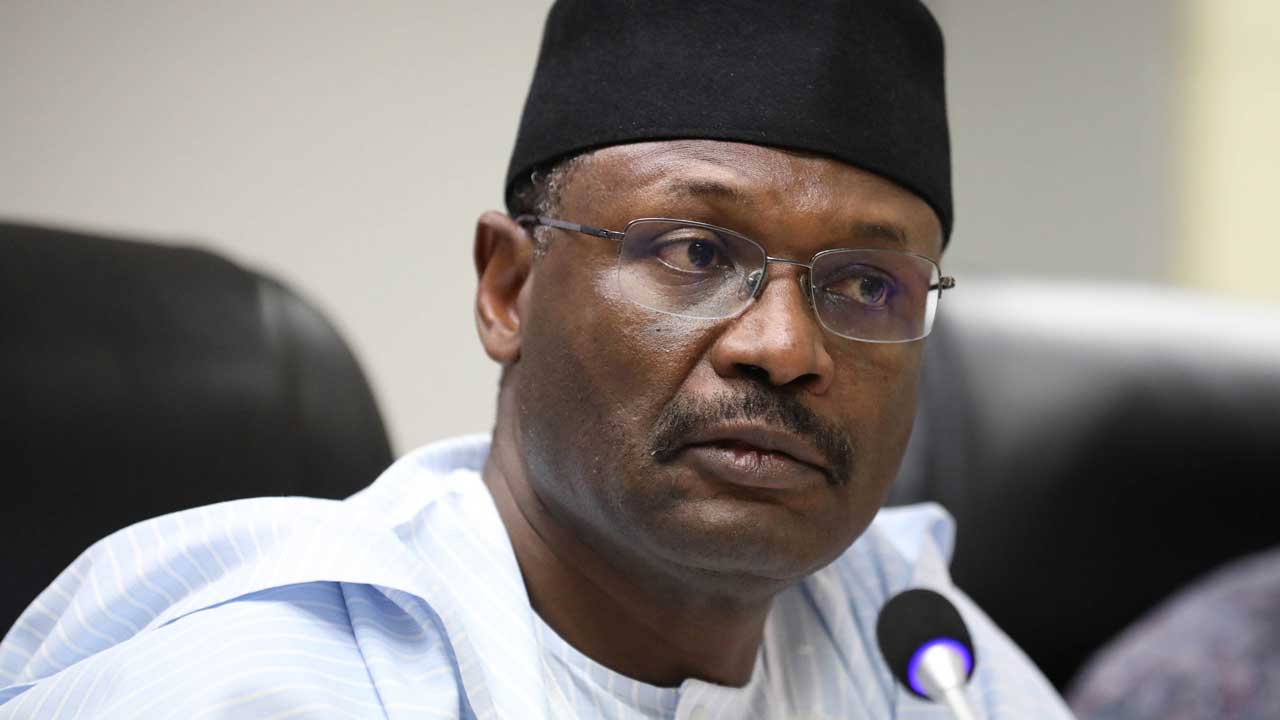
Despite the apprehension and heightened expectations about the 2019 elections, a constant feature was that at the end of the day, there would be only one winner. For the first time in Nigeria’s electioneering history, 73 individuals vied for the country’s presidency. For the first time also, Nigerians had to vote not with their thumbs, but with any finger; to prevent “ink spilling into the box meant for another party.”That was how the Independent National Electoral Commission (INEC) explained it. At the end of the day, just one winner was expected – even if the contest had gone into a run-off. On Wednesday February 27, INEC chairman, Prof Yakubu Mahmood, declared incumbent President and candidate of the All Progressives Congress (APC), Muhammadu Buhari, winner of the elections, having fulfilled the legal requirement of winning not only the highest number of votes (15,191,847), but also at least 25 per cent of the votes in two-thirds of Nigeria’s 36 states. Indeed, he scaled this hurdle in 34 states, while the candidate of People’s Democratic Party (PDP) and Nigeria’s vice president from 1999 to 2007, Atiku Abubakar, came second with 11,262,978 votes.
Mr. Abubakar has vowed to legally challenge the results because of alleged irregularities; even as local and international observers have affirmed the overall credibility of the elections despite pockets of violence in a few states and, in the words of the European Union Elections Observation Mission (EU EOM), some “operational shortcomings”. Without any iota of doubt, this is his right. There is, however, a growing consensus that he should rather concede defeat, for the common good. What Nigeria needs now is an intensification of its economic diversification, scaling of its infrastructural drive and fortification of its territories against insurgency. Even as several Western media may have concluded that President Muhammadu Buhari’s re-election is as a result of his honesty, integrity, there are evidences that Nigerians believe that there is need for at least four more years for the administration to finish the projects being undertaken across the 36 states and the Federal Capital Territory. As experience has shown, a new government often means abandonment of projects. To the credit of the Buhari administration, it has been completing many projects abandoned for many years by previous successive governments. And, even so, with much less resources. Prior to the elections, while urging Nigerians to make a “sensible choice” of retaining President Buhari, the Minister of Power, Works and Housing Mr Babatunde Raji Fashola had put it succinctly: “Fundamentals of the economy are heading in the right direction. What we need to do is to consolidate on that.” Indeed, according to the latest report of the National Bureau of Statistics (NBS), issued a few days to the presidential election, before it was postponed for a week, many of the economic indices showed positive performances. The Gross Domestic Product (GDP) grew at about 2.38 per cent in the fourth quarter of 2018.
The growth in real terms (year-on-year) rose from about 1.81 per cent in the previous quarter of the year. Good performance, though, economists warned that more needed to be done to stem unemployment. One good reason why there must be consolidation. In sectors such as agriculture, which recorded annual GDP growth of about 14.27 per cent, higher than 11.29 per cent recorded in 2017. The sector contributed about 23.08 per cent to nominal GDP in Q4 of 2018, as against 21.93 per cent in the corresponding period in 2017. Nigeria’s drive to be self-sufficient in the production of rice is being relentlessly pursued. Indeed, according to the Africa Rice Center, Africa’s foremost research organisation on rice, with its production of 4 million tonnes a year, Nigeria now ranks the highest producer of rice in Africa. Manufacturing recorded 10.11 per cent in the last quarter of 2018, as against 8.53 in the corresponding period in 2017 and third quarter performance of 2018. Manufacturing PMI, according to the Central Bank of Nigeria (CBN), which had, for many months, recorded expansions rose, to an all-time high of 61.10 in December 2018, although it fell to 57.1 in February 2019. In his 2019 State of the Union address President of the United States of America, Mr Donald Trump admonished opposing parties to reject “the politics of revenge, resistance, and retribution” and embrace “the boundless potential of cooperation, compromise, and the common good.” For all contestants to various elective offices in Nigeria’s political season, this should be the mantra. The last words should go to President Muhammadu Buhari: “The new administration should intensify its efforts in security, restructuring the economy and fighting corruption. We have laid down the foundation and we are committed to seeing matters to the end. We will strive to strengthen our unity and inclusiveness so that no section or group will feel left behind or left out.”
•Akanni, a public policy analyst, wrote from Lagos.






